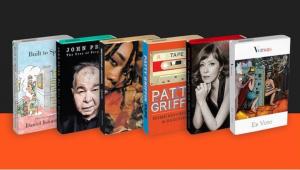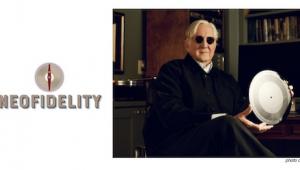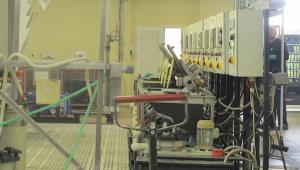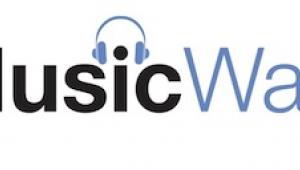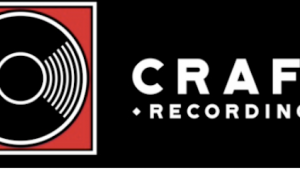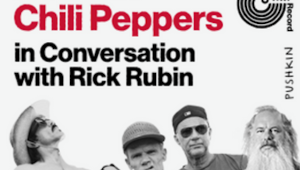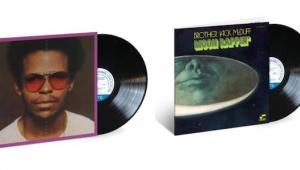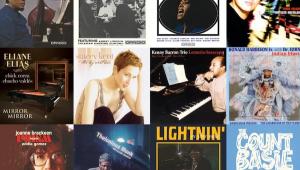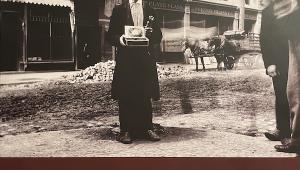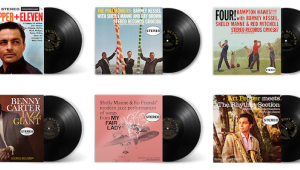Craft Recordings To Launch Exclusive "Small Batch" LP Series

Craft Recordings will soon launch a limited-edition one-step series focusing on their most revered recordings available exclusively via Craft Recordings. This is a "teaser" so no additional information can be posted here. You'll have to wait until next week. but you will surely like what you learn. So, as they used to say, "stay tuned".
| Equipment Reviews | The Gruvy Awards | Blogs Analog Tips | Columns Music | Show Reports | News Resources |
 © 2025 AnalogPlanet
© 2025 AnalogPlanetAVTech Media Americas Inc.
All rights reserved



